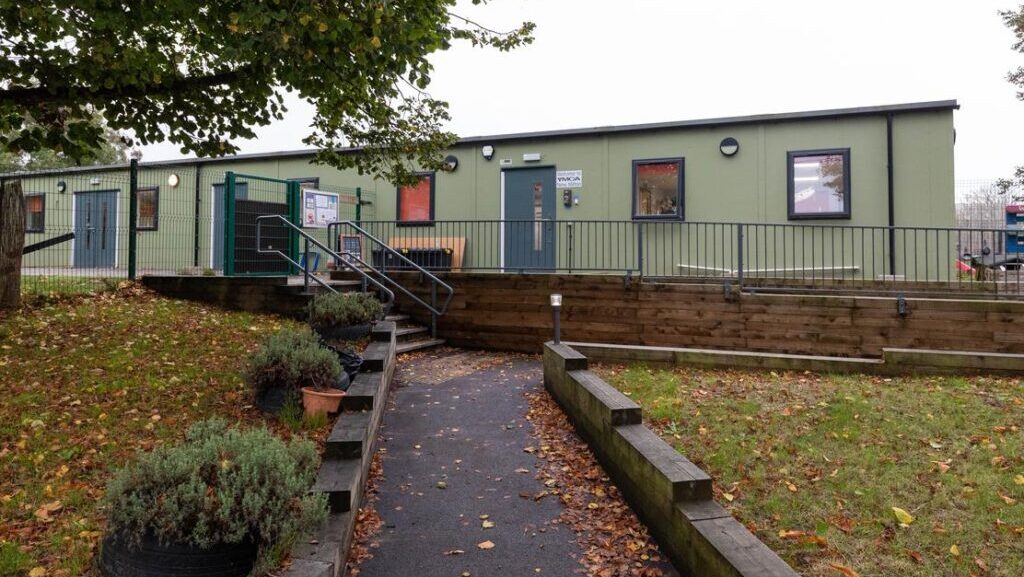East Midlands nursery group Cherubs Nurseries has acquired the former Bingham Day Nursery in Bingham, Nottingham.
Parents rate PVI quality higher than schools
Parents of under-fives rate private, voluntary and independent (PVI) nurseries as higher quality than school-based nurseries and childminders, according to research.
The Early Education and Childcare Coalition (EECC) surveyed 718 parents with a child under the age of five in England. It found 62% of respondents described PVI settings as “high quality”, compared to 57% for school-based nurseries, and 51% for childminders.
When asked what kind of provision they preferred, parents overwhelmingly opted for group settings (65%) compared to at home or with family (20%), at home with an au pair or nanny (7%) and with a childminder (3%).
Parents said the most important reason to have childcare and early education is to give children a good start in life (45%), with those saying “to help parents to work” up from 32% in 2024 to 37% in 2025.
Almost half of parents (49%) said childcare was too expensive, while 39% were concerned about the availability of places to match working hours and 29% about the availability of provision to meet a child’s needs.
Concern was generally highest among parents of children with special educational needs and disabilities (SEND), single parent families, or Black, Asian or minority ethnic families. For example, 42% of parents of children with SEND were concerned about finding provision to meet their child’s needs compared with 27% of parents whose children do not have additional needs.
According to parents of under-fives in England, the three policies the government should prioritise in its efforts to get more children ready for school are widening access to 30 hours of early education to every child in England, supporting parents with their child’s learning at home in the first five years, and increasing funding for children with special educational needs.
The survey also found 81% of parents would be supportive of a professional register for early educators similar to that held by the Teaching Regulation Agency for qualified teachers.
Neil Leitch, chief executive of the Early Years Alliance, said: “We have long argued that the early years should be viewed as critical education, and not just childcare, and so it is positive to see that the majority of parents recognise the importance of early years provision and the role it plays in giving children a good start in life.”
He added: “That said, we would also stress that the early years is about more than getting ready for school – the early years is a critical stage of education in its own right, and quality early education and care plays a vital role in building character, instilling confidence and self-belief, and supporting children to develop life-long learning skills.“With the government’s Best Start in Life strategy particularly focused on closing the gap between disadvantaged children and their peers, we are glad to see such high public support for giving all children access to early education, regardless of their parents’ employment status, alongside recognition that improving early years availability is an important part of tackling the effects of child poverty.”
Latest News
Nursery group First Friends has acquired the YMCA Nursery in New Milton, Hampshire, in a sale facilitated by specialist business…
The Montessori People nursery in Stockton-on-Tees has gained both Investors in People and Investors in Wellbeing awards.




